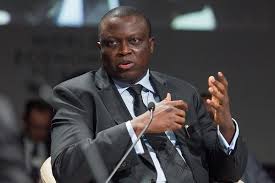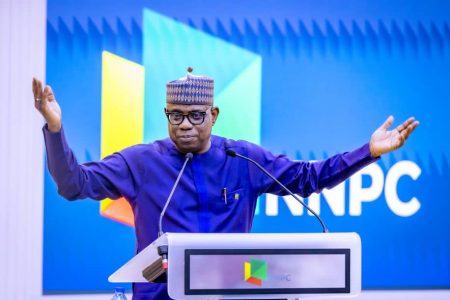
Oscarline Onwuemenyi
17 May 2016, Sweetcrude, Abuja – The Chief Executive Officer of Nigeria Liquefied Natural Gas Company Limited (NLNG), Mr. Babs Omotowa has said that the Federal Government through the Office of the Vice President, the NLNG and other stakeholders are working hard to bridge the existing gap in the supply of liquefied petroleum gas (LPG) by preventing delays at loading terminals in Lagos as well as improving supply of the product across the country.
A statement from the company obtained by our correspondent quoted Omotowa as saying that operators were striving to remove bottlenecks in the supply chain of LPG. He added that they are working to improve funding of the sub- sector and use rail to move the product.
NLNG, he said, was talking to the government through the Office of the Vice President to improve the supply of the product.
Omotowa noted that “Efforts are being made to explore the option of using trains to ferry LPG to users across the country. When we use trains to transport LPG to different parts of the country, we are trying to ensure that the product gets to users safely, faster and cheaper.”
According to him, NLNG has increased supply from 150,000 metric tonnes in 2007 to 250,000 metric tonnes and could supply 500,000 metric tonnes or more.
The NLNG, he said, has carried out a study which identified problems such as the slow pace of growth of the terminals, use of some terminals for supply of petrol and smaller markets as drawbacks to the government’s goals of enduring that all Nigerians use LPG.
According to Omotowa, NLNG has carried out a study which identified problems such as the slow pace of growth of the terminals, use of some terminals for supply of petrol and smaller markets as drawbacks to the government’s goals of enduring that all Nigerians use LPG.
He said, “A study, which was carried out by NLNG, showed that there are some impediments in the supply of LPG in the country. The study identified problems such as the delay in offloading the LPG from the vessels that brought it from Bonny, Rivers State to Lagos and long hours of transporting the product by roads to different parts of the country.
“That is why we are talking to the Federal Government, investors in the oil and gas sector, and other interested parties on the issue of making LPG accessible by consumers.”
He added that “Efforts are being made to explore the option of using trains to ferry LPG to users across the country. When we use trains to transport LPG to different parts of the country, we are trying to ensure that the product gets to users safely, faster and cheaper.
“For instance, if you truck cooking gas from Lagos to the North, you would have probably added $200 to the cost of transporting the product. This will inevitably increase the price of the product. But if you use the train, you are going to move bigger tonnes of LPG around the country.”



